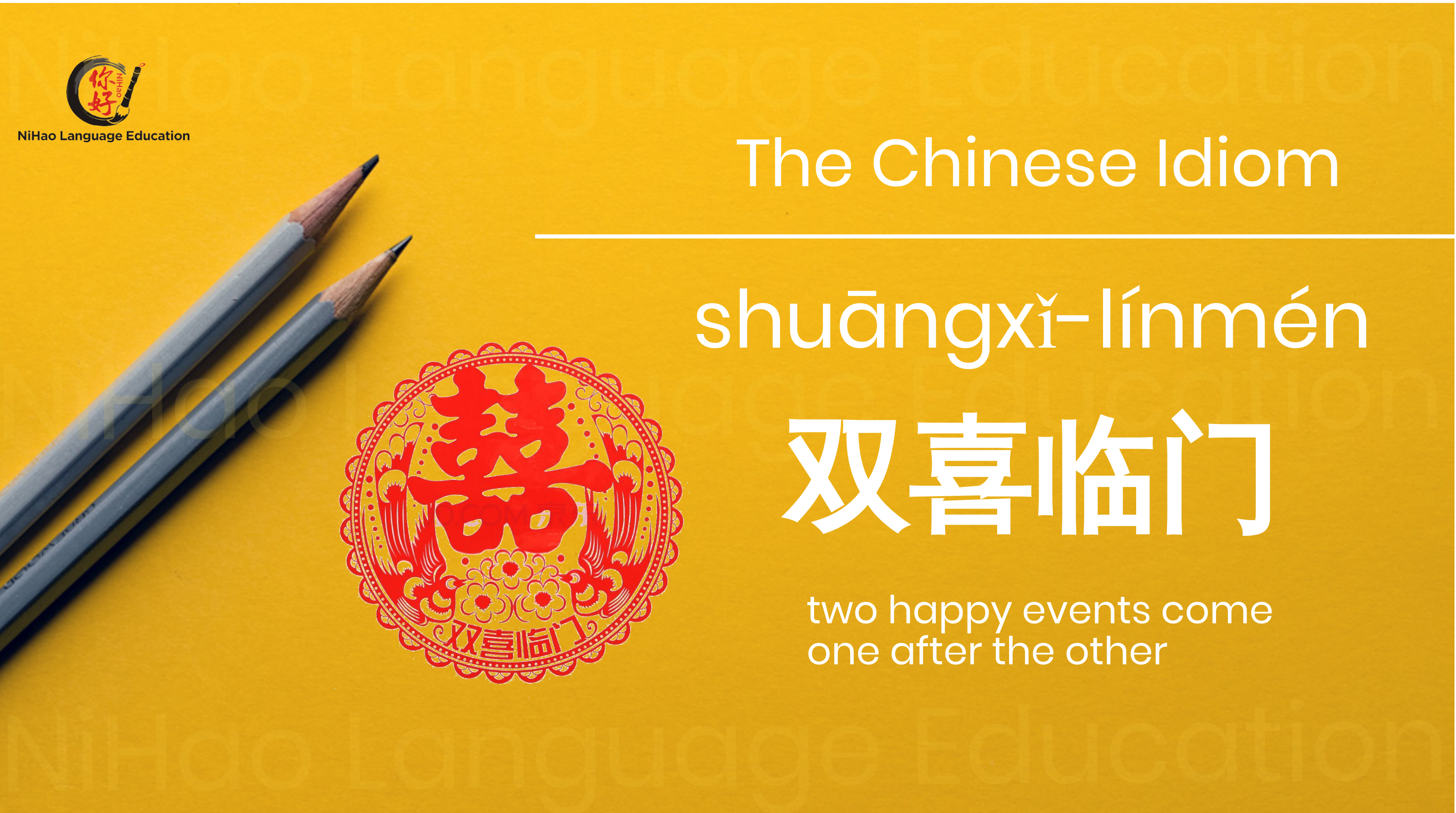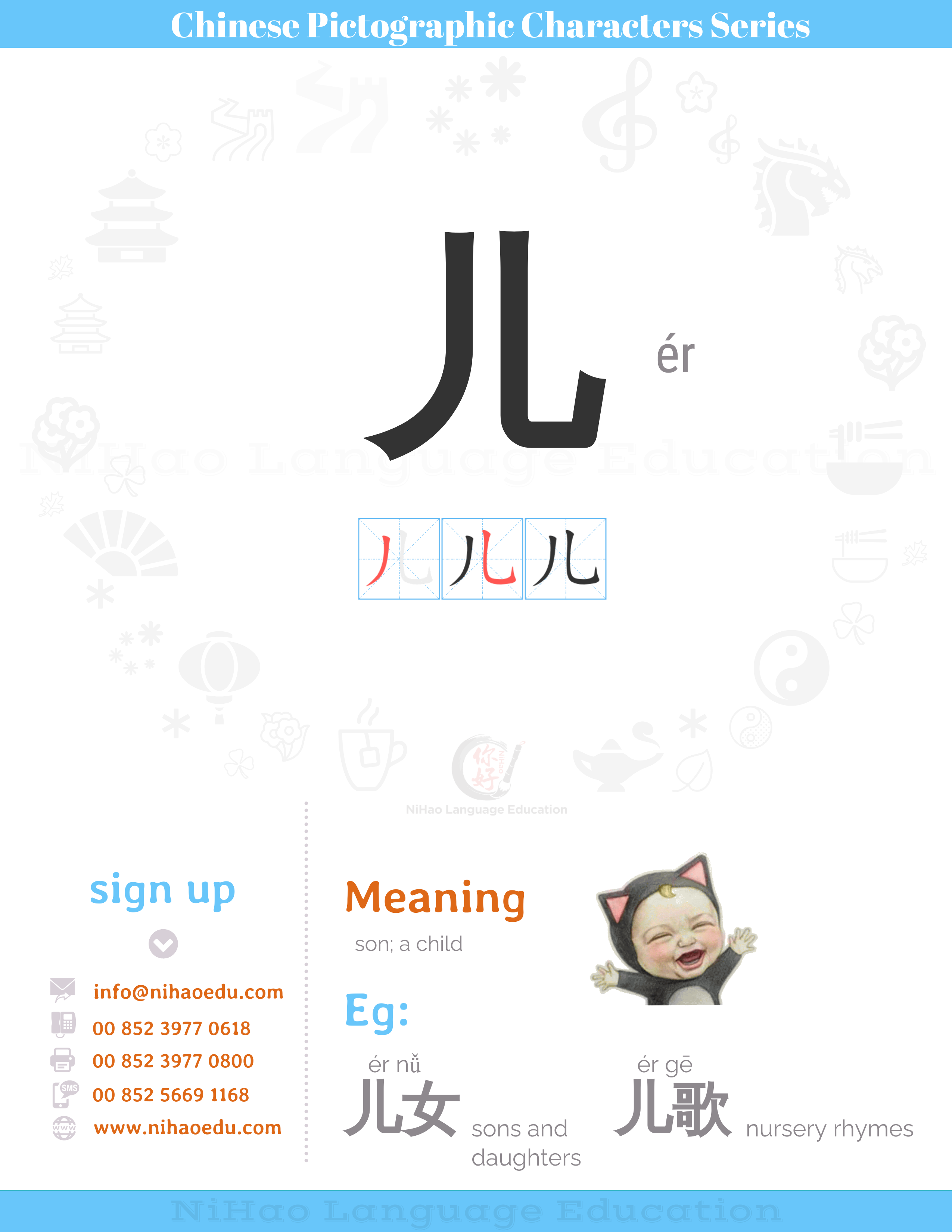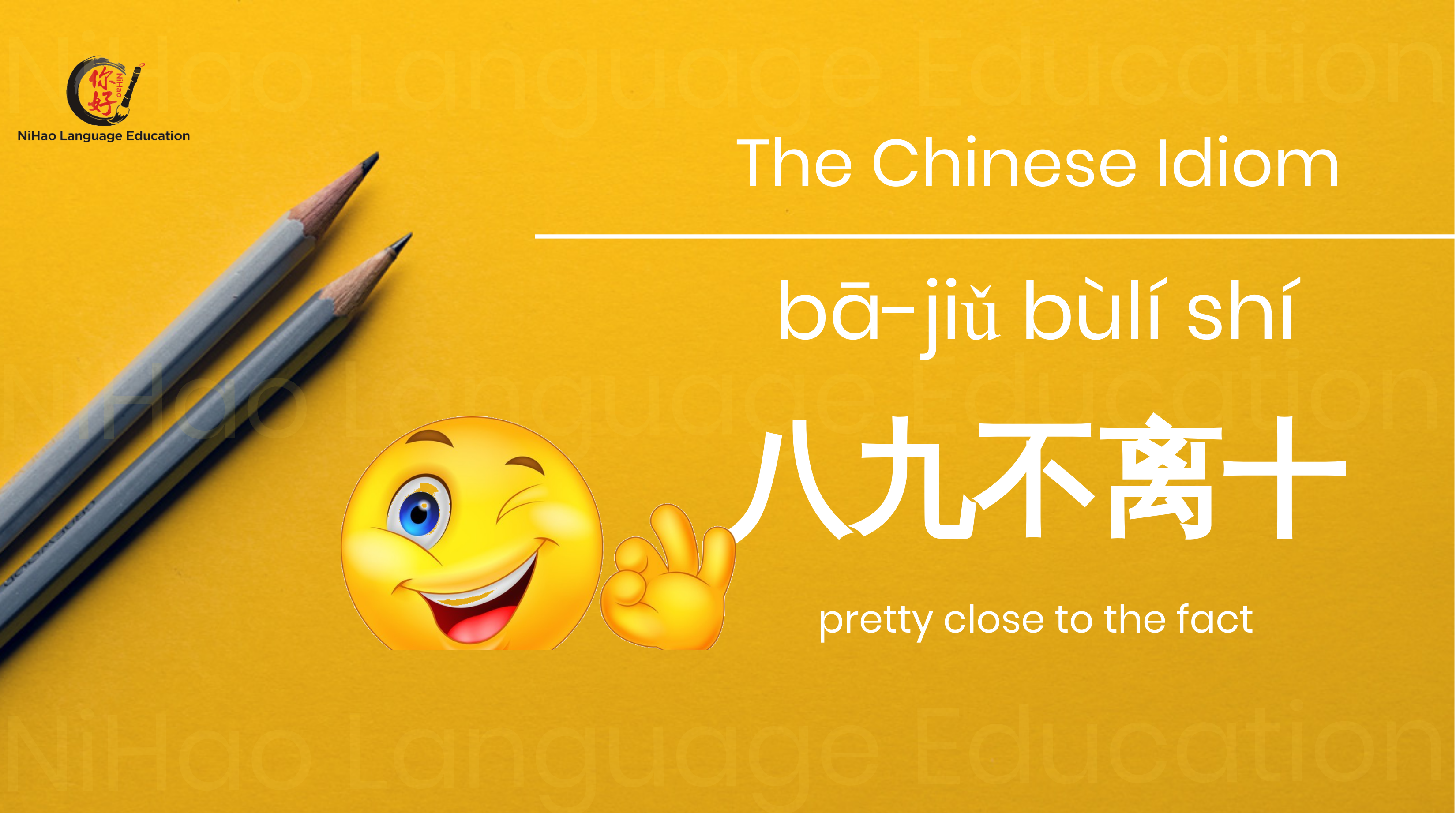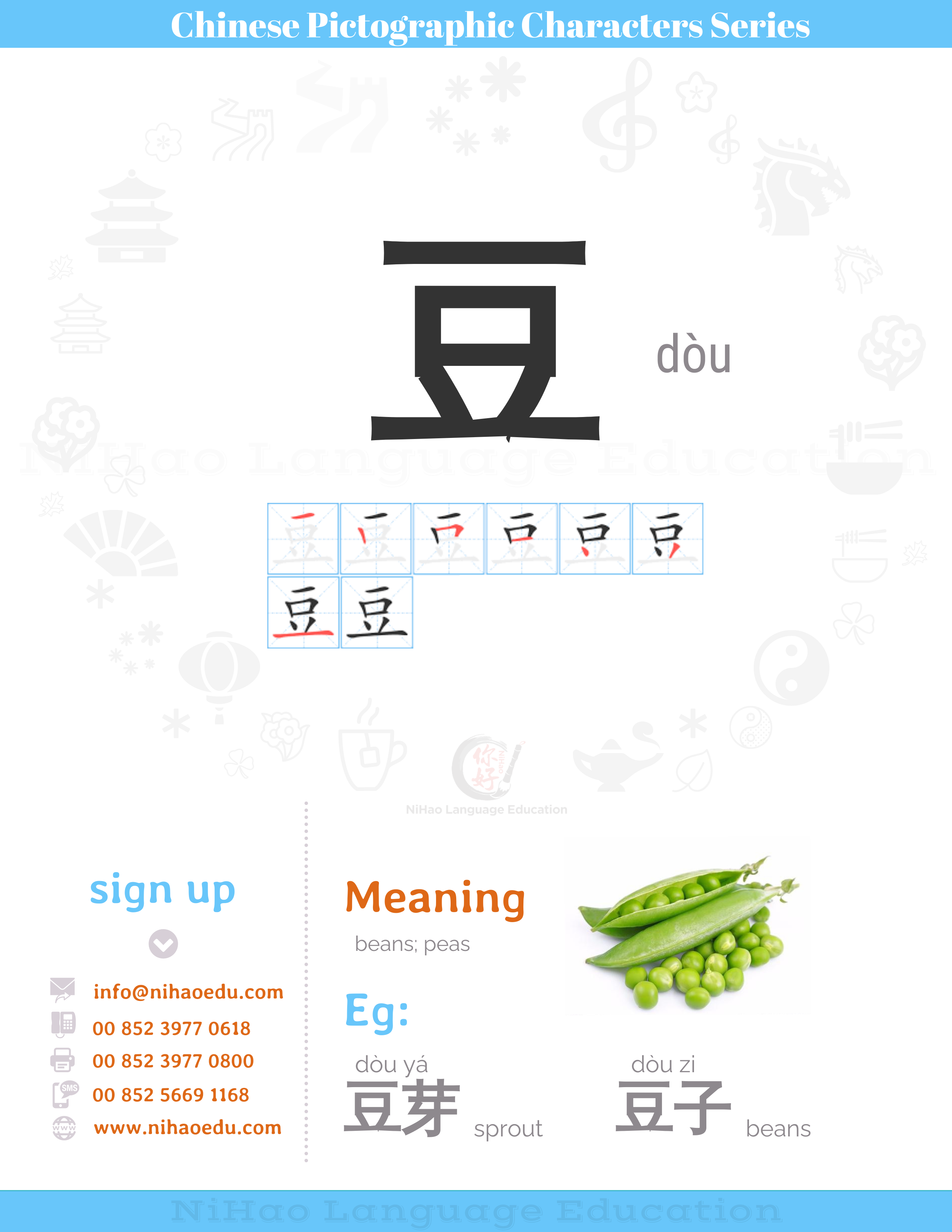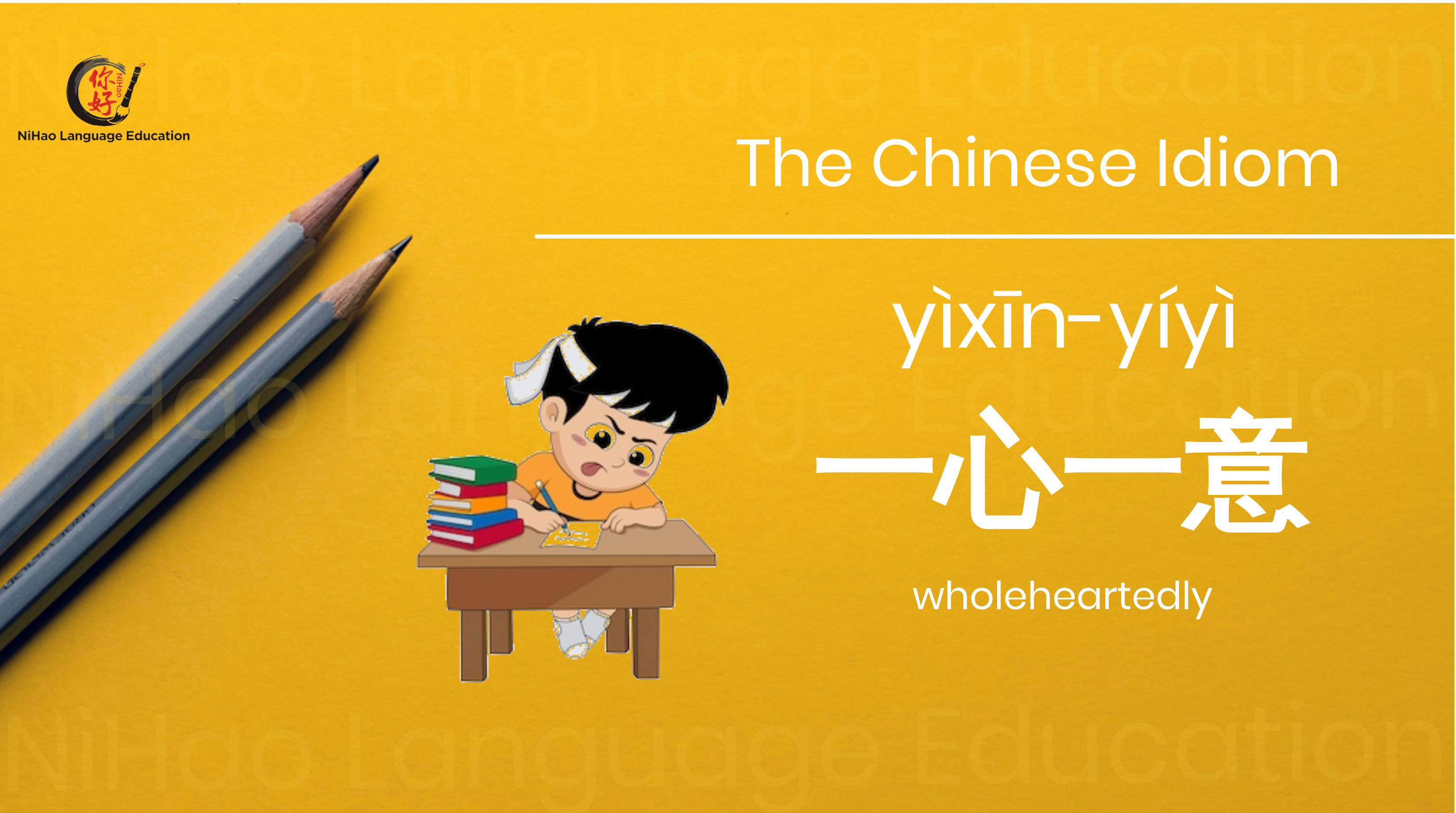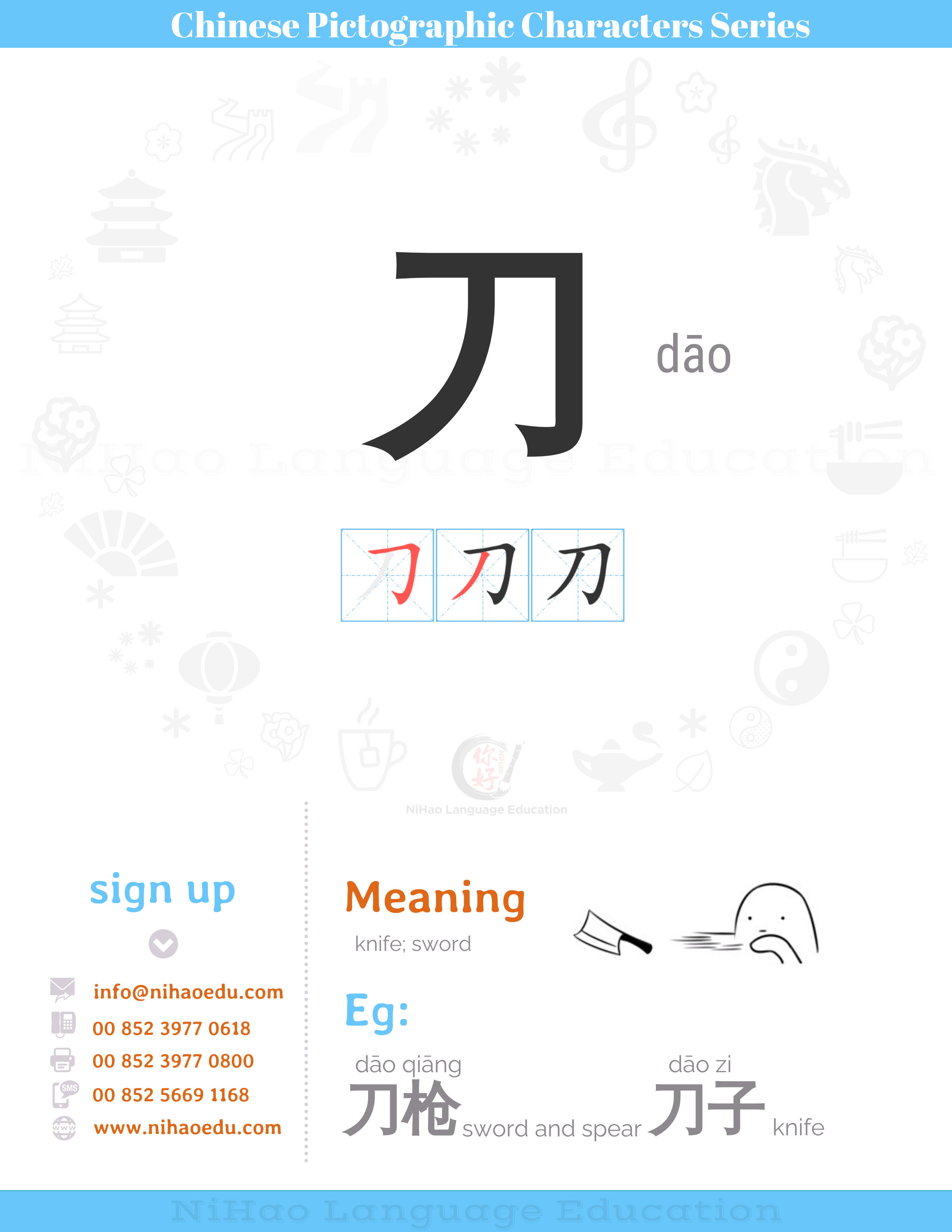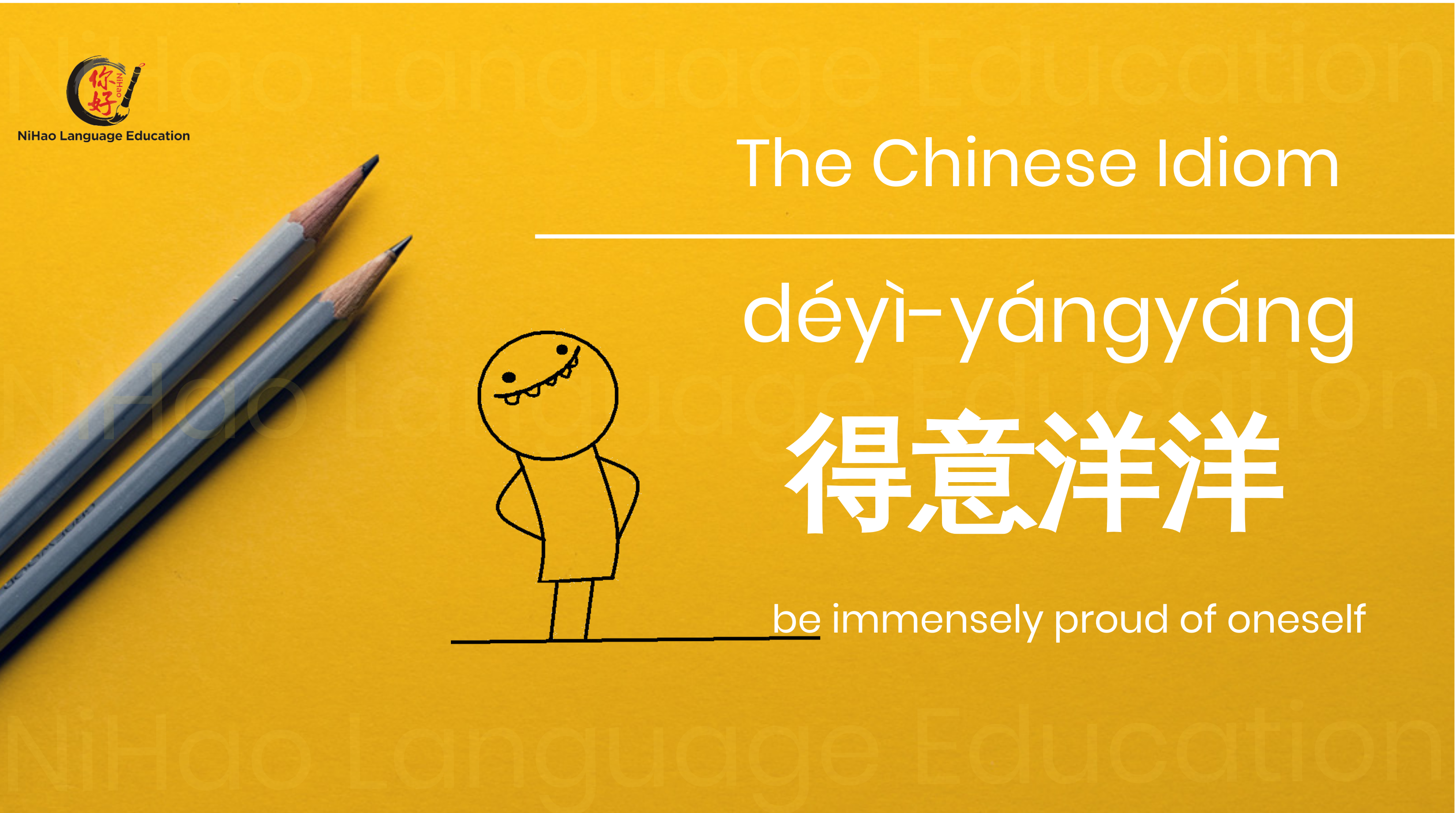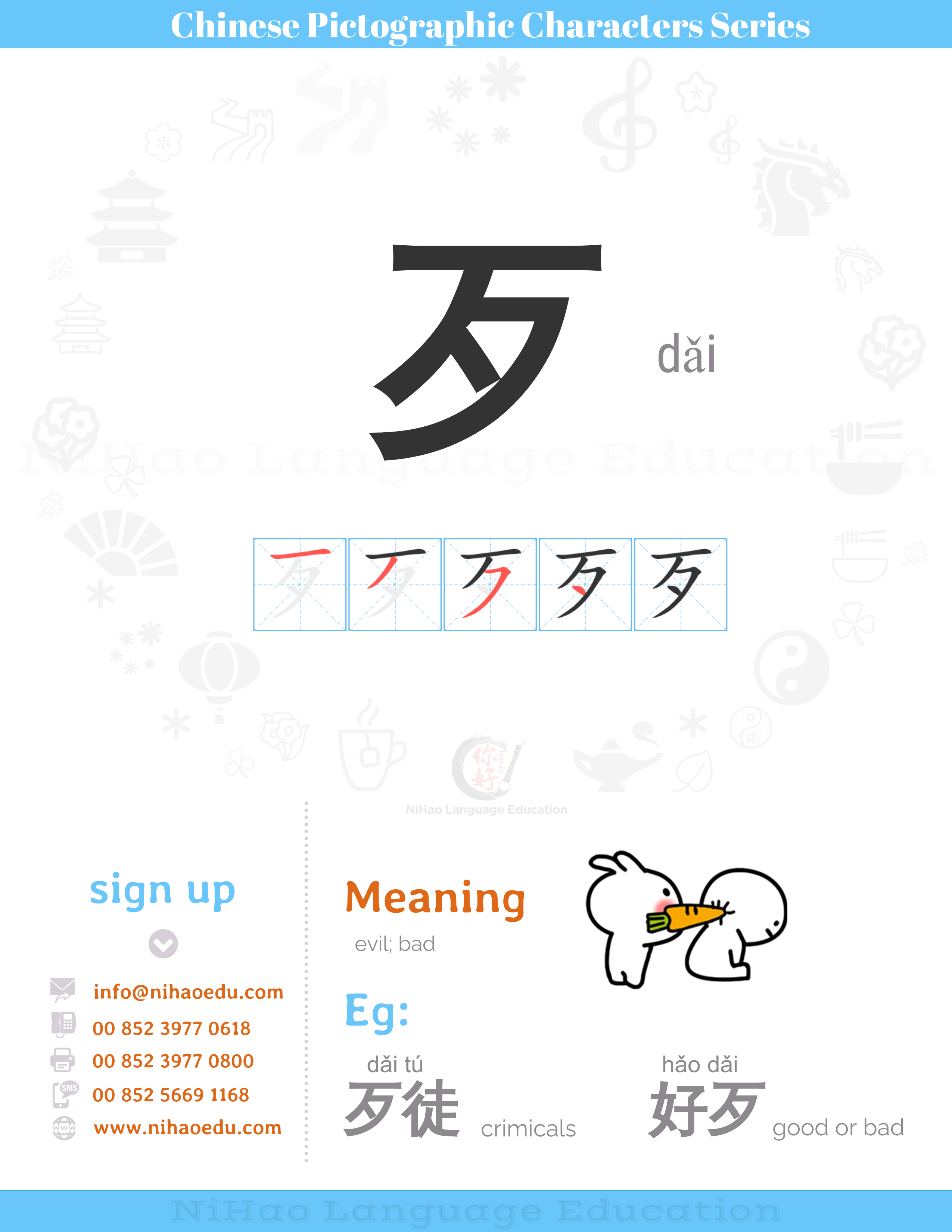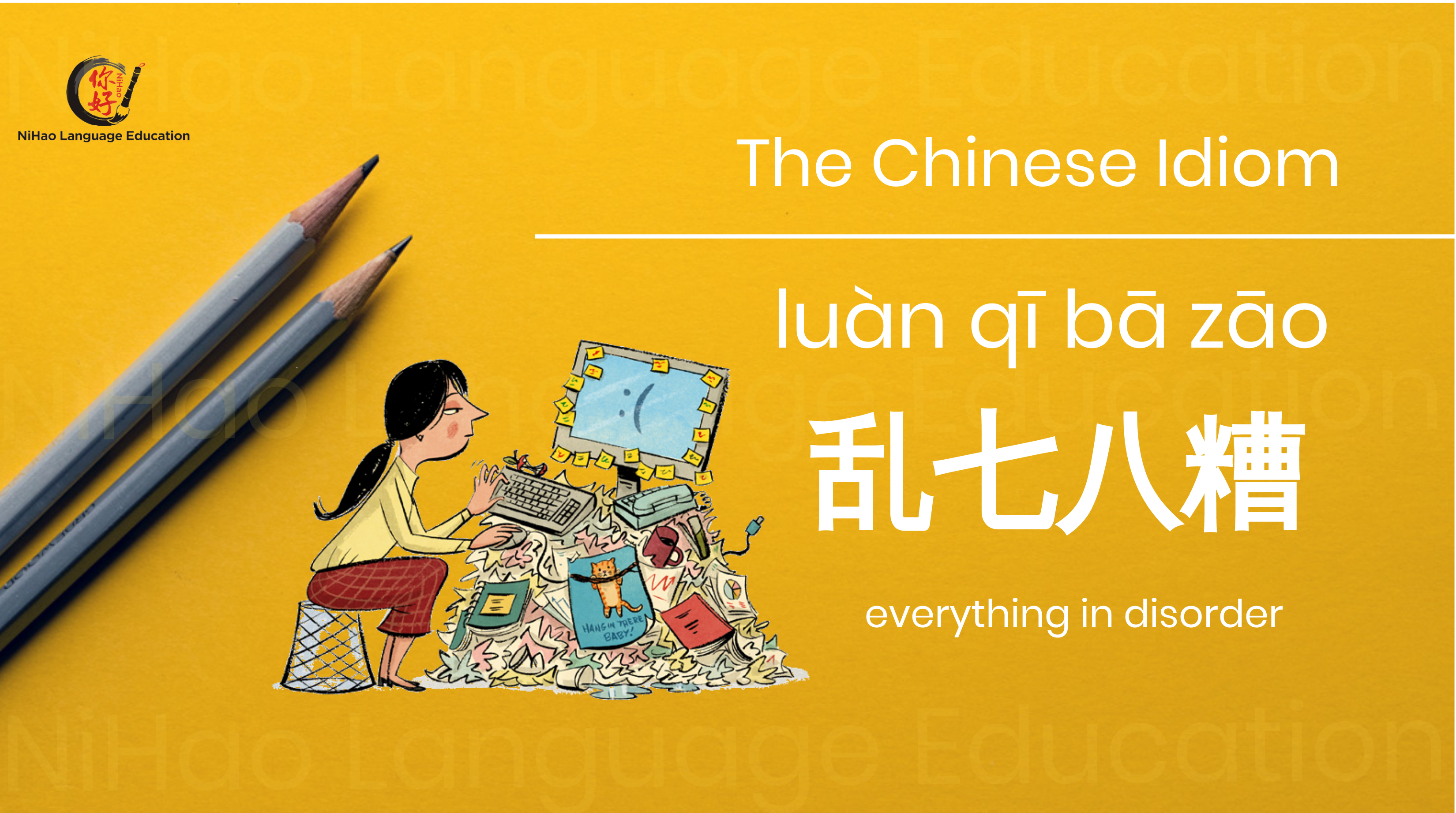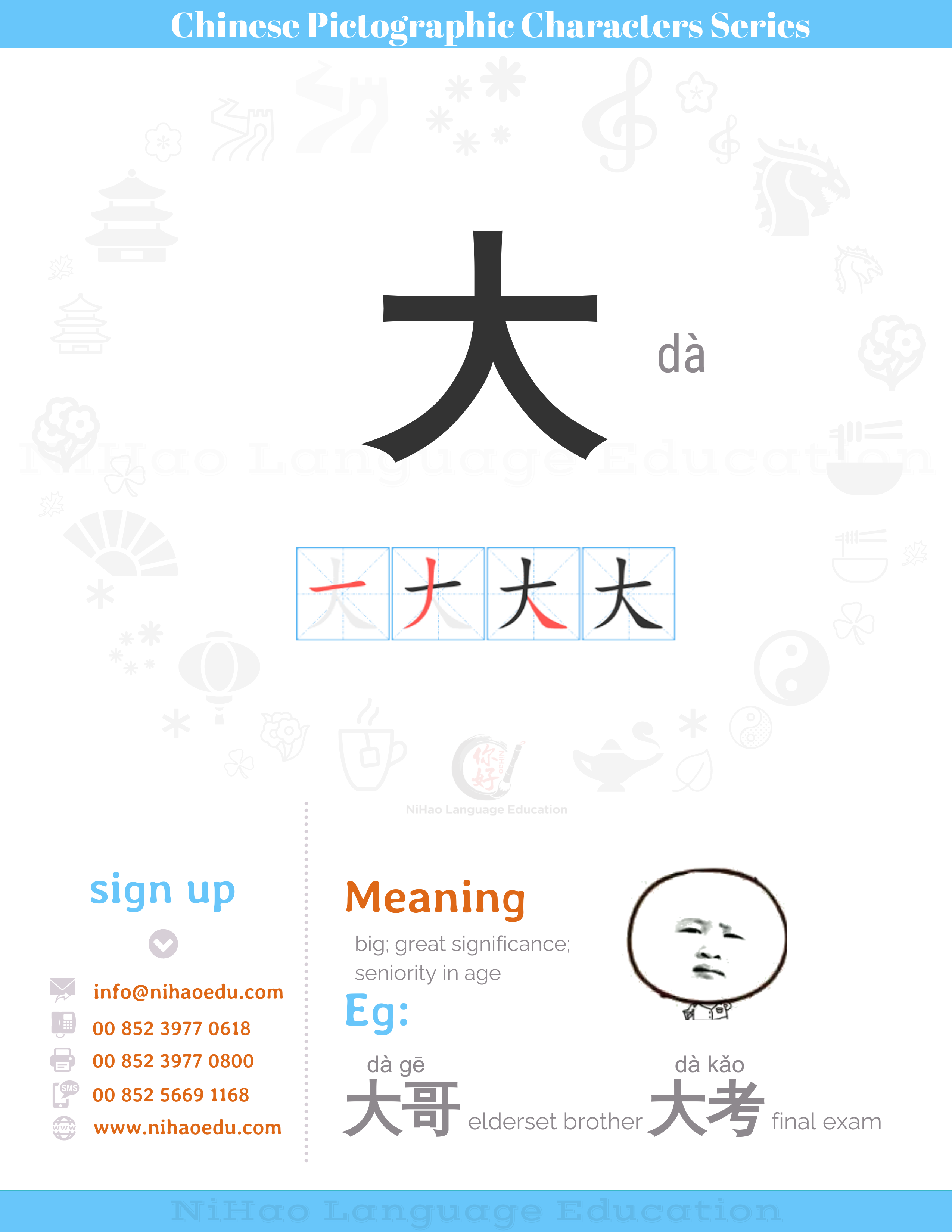双(shuāng)喜(xǐ)临(lín)门(mén) “双喜临门”指两件喜事同时到来。 ‘Shuāngxǐ-línmén’ means ‘two happy events occur at the same time’. 双(shuāng): double 喜(xǐ): happiness; happy event 临(lín): to arrive 门(mén): door Examples例句: A: 听说她马上要结婚了,她姐姐的孩子也要出生了。 B: 那他们家真是双喜临门了! 2. 老张最近双喜临门,他儿子考上了名牌大学,他自己也做了经理。
The word 儿 is the simplified form of the conventional character 兒. The pictogram of the conventional character shows an infant with a big head and a small body. The opening at the top of the pictogram represents the soft …
八(Bā)九(jiǔ)不(bù)离(lí)十(shí) “八九不离十”表示非常接近或几乎达到实际情况。 ‘Bājiǔ bù líshí’ means pretty close to the fact. 八(bā): eight 九(jiǔ): nine 不(bù): no; not 离(lí): to be away from 十(shí): ten Examples例句: 我虽然没有亲眼看见,但是猜也能猜个八九不离十。 2. A: 这么晚了,谁会打电话给你啊? B: 我想八九不离十应该是她的男朋友。
The pictogram of the word 豆 depicts a vessel with legs for keeping food in. the short line in the vessel represents the food inside it. The word now refers to most types of beans or peas. The word 豆 …
一(Yì)心(xīn)一(yí)意(yì) “一心一意”指心思专一,没有别的考虑。 ‘Yìxīn-yíyì’means ‘wholeheartedly , without reserving any other thought’. 一(yī): one 心(xīn): heart 一(yī): one 意(yì): will; intention; thought Examples例句: A: 我好久没见到小王了。 B: 他一心一意地想学好英语,所以每天都在家看书,很少出去。 2. 做什么事都要一心一意。
The word 刀 means ‘knife’ or ‘sword’. The pictogram of a word depicts a curved cutting tool with a short handle. The lower part of the pictogram represents the blade. In the past, before the introduction of gunpowder, swords were …
得(dé)意(yì)洋(yáng)洋(yáng) “得意洋洋”形容称心如意时神气十足的样子。 ‘Déyì-yángyáng’ is used to describe one is immensely proud of himself. 得(dé)意(yì): complacent; proud of oneself 洋(yáng)洋(yáng): self-satisfied Examples例句: A: 为什么他看上去得意洋洋的? B: 老师刚才表扬了他几句。 2. 他得意洋洋地给他的同事看他新买的车。
The pictogram of the word 歹dǎi represents the bones of a dead person. The word 歹dǎi is used in phrases to convey the meaning of ‘evil’ or ‘to do evil’, for example, 歹徒 (dǎitú,’criminals’),为非作歹 (wéifēizuòdǎi, ‘to do illegal and evil …
乱(Luàn)七(qī)八(bā)糟(zāo) “乱七八糟”形容混乱,毫无条理。‘Luànqī-bāzāo’means ‘in dreadful disorder’.乱(luàn): in disorder 七(qī): seven 八(bā): eight 糟(zāo): terrible Examples例句: A: 不好意思,我家里乱七八糟的。 B: 没关系。 2. A: 墙上写的乱七八糟的是什么东西啊?B: 是一些非法广告。
The pictogram of 大, meaning ‘big’ or ‘large’, looks like a front view of a person standing with his arms stretched and legs open to convey the meaning ‘big’. The word can be used both on its own and as …
